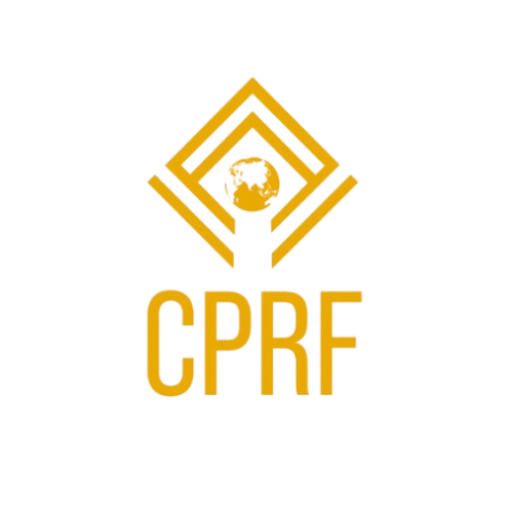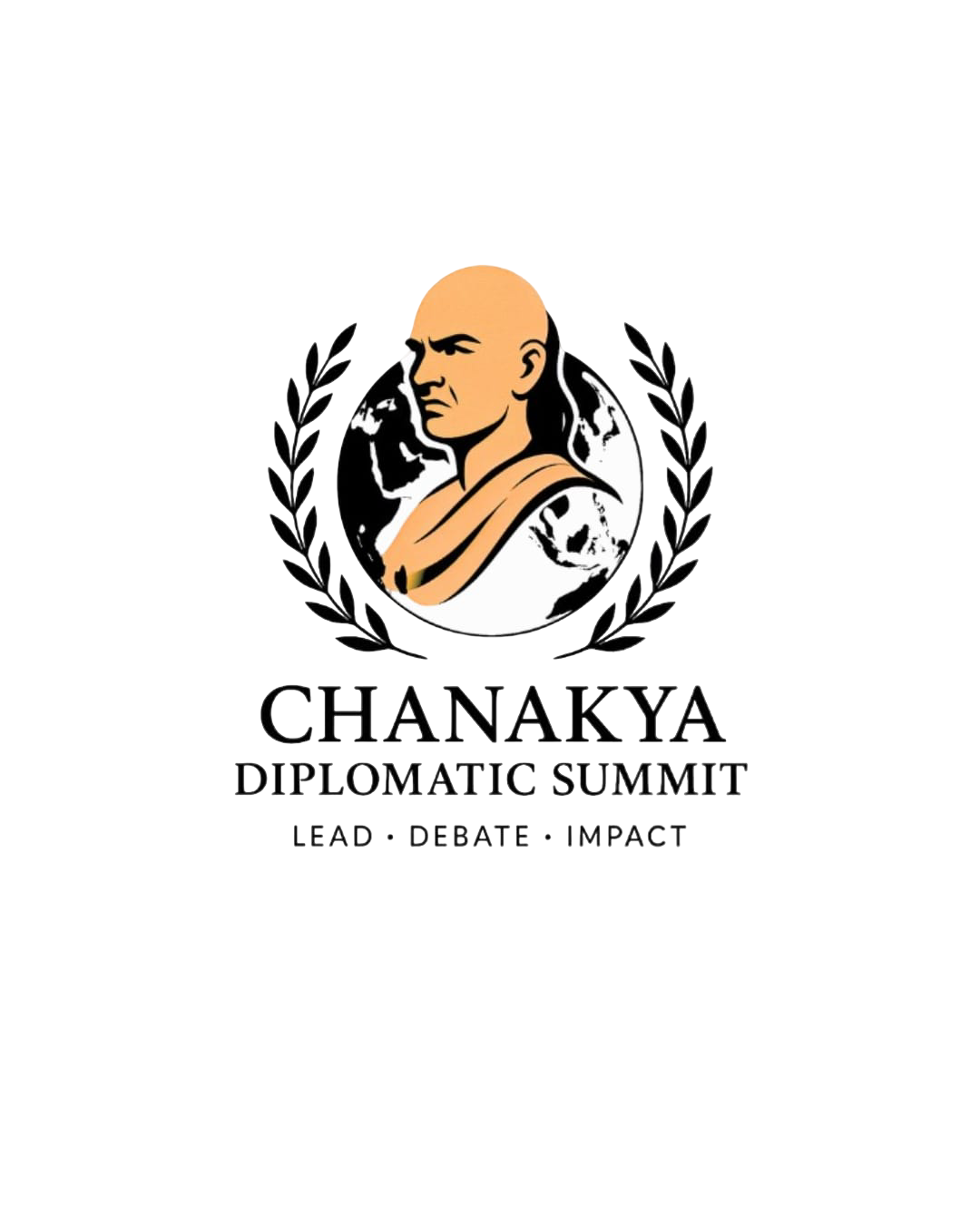
About
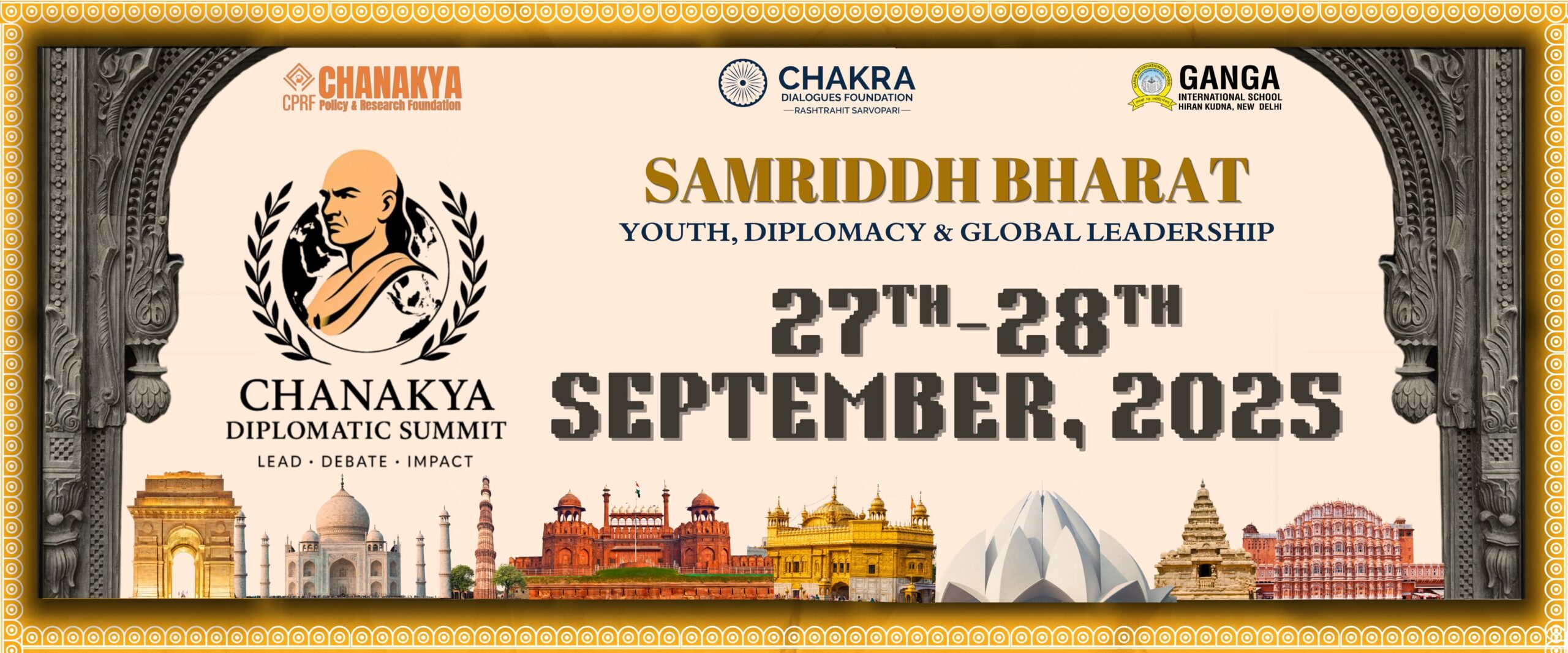
The Chanakya Diplomatic Summit 2025 stands as CPRF’s premier initiative — a daring, youth-driven diplomatic gathering that unites students, scholars, and policy experts from all over India to participate in impactful discussions on international relations, diplomacy, and strategic matters. Its goal is to close the divide between young thinkers and global policymaking by establishing a platform where ideas converge with action, and curiosity aligns with critical analysis.
Anchored in the legacy of Acharya Chanakya — India’s first strategist and statesman — the summit seeks to nurture the next generation of diplomats, researchers, and thought leaders who are prepared to navigate an increasingly intricate world.
This transcends a mere academic event — it is a national movement which serves as a rallying cry for India’s youth to embrace their responsibility in global affairs.
Summit Highlights:
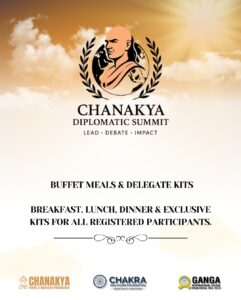
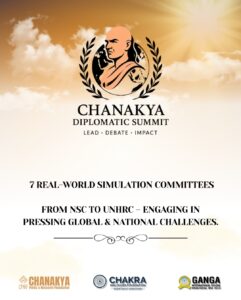
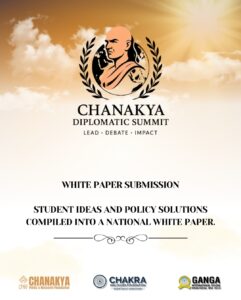
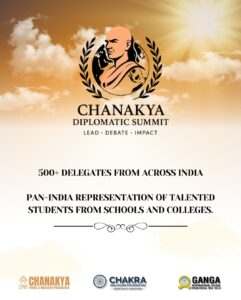
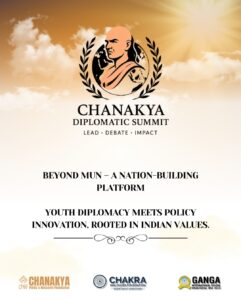

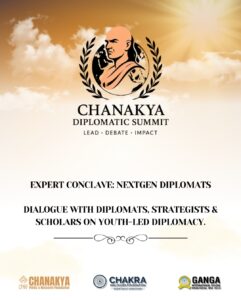
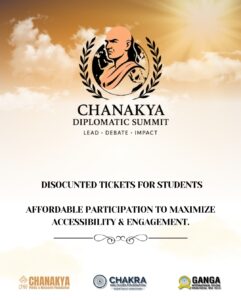
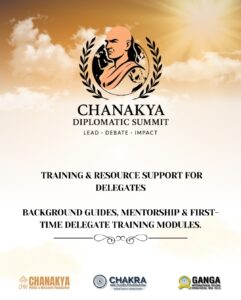
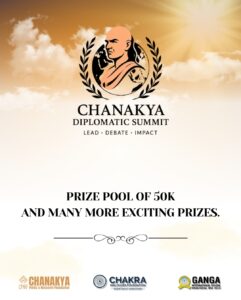
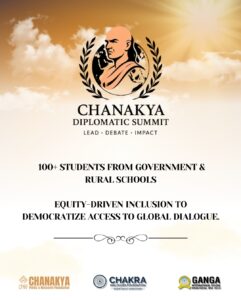
Vision
To democratize diplomacy by placing the power of dialogue and global thinking into the hands of India’s youth. We envision a generation that doesn’t just follow world affairs — but shapes them. The Chanakya Diplomatic Summit stands as a crucible for leadership, where intellect meets integrity, and ambition is channelled into action. By invoking the spirit of Chanakya — the master of strategy and statecraft — we aim to cultivate young leaders who are bold in vision, grounded in values, and ready to engage with a world in flux.
Mission
Our mission is to craft an intellectually vibrant platform where India’s emerging thinkers, students, and young diplomats-in-the-making converge to explore the art and urgency of foreign policy. Through critical inquiry, informed debate, and immersive engagement, we seek to build a space where ideas spark transformation and knowledge inspires responsibility. At its core, the summit is not just an event — it is a movement to awaken India’s next generation of global actors, ready to navigate diplomacy not just with textbooks, but with courage, clarity, and conviction.
Committees
1.National Security Council (NSC)
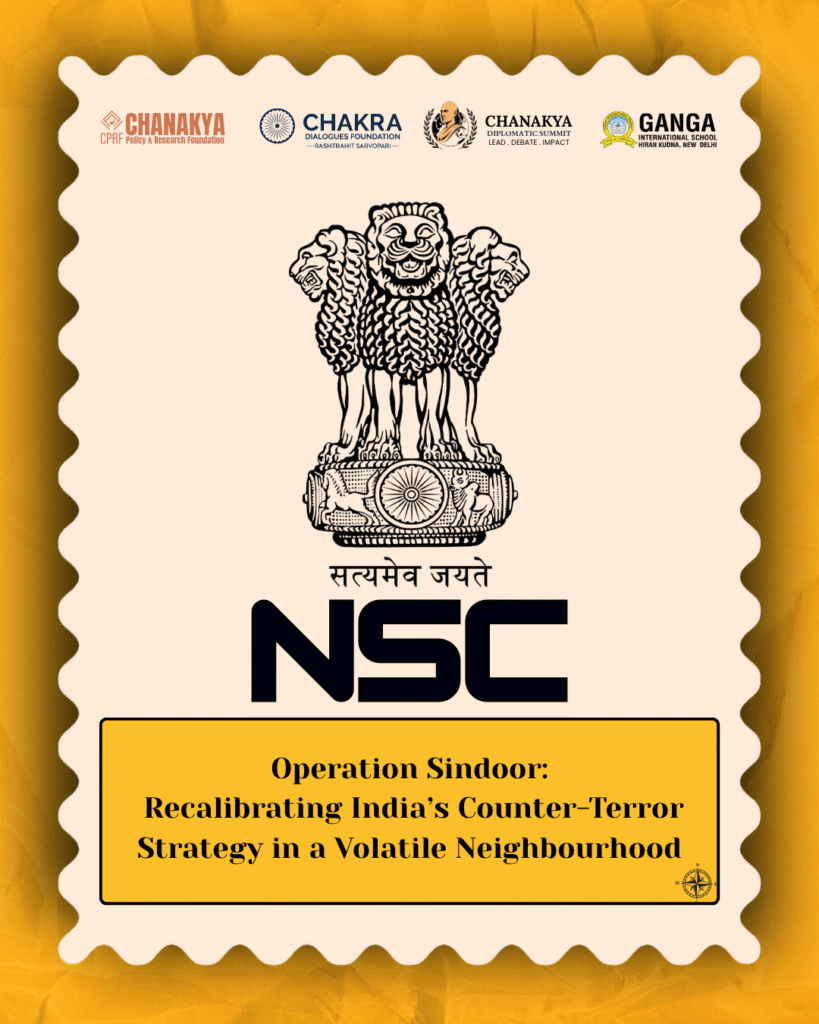
The National Security Council is a high-level government body responsible for advising leadership on national defense, internal security, foreign affairs, and strategic interests. In MUN simulations, the NSC often functions as a fast-paced, crisis-driven committee where delegates take on key roles (like national security advisors or ministers) to respond to evolving threats such as terrorism, war, cyberattacks, or diplomatic standoffs. It emphasizes rapid decision-making, intelligence analysis, and strategic collaboration.
2. United Nations Human Rights Council (UNHRC)
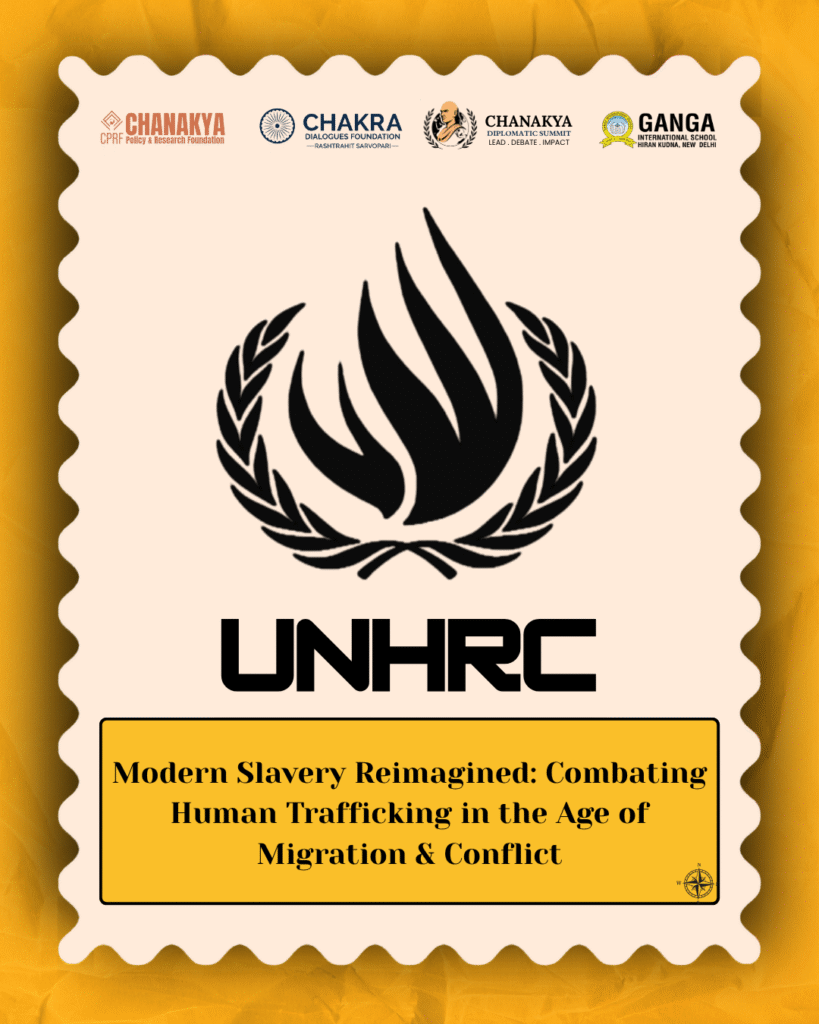
UNHRC addresses global human rights violations and aims to promote and protect fundamental freedoms. Delegates debate situations of concern, scrutinize abuses, and draft resolutions that hold violators accountable while recommending humanitarian solutions and international cooperation.
3. G20 (Group of Twenty)
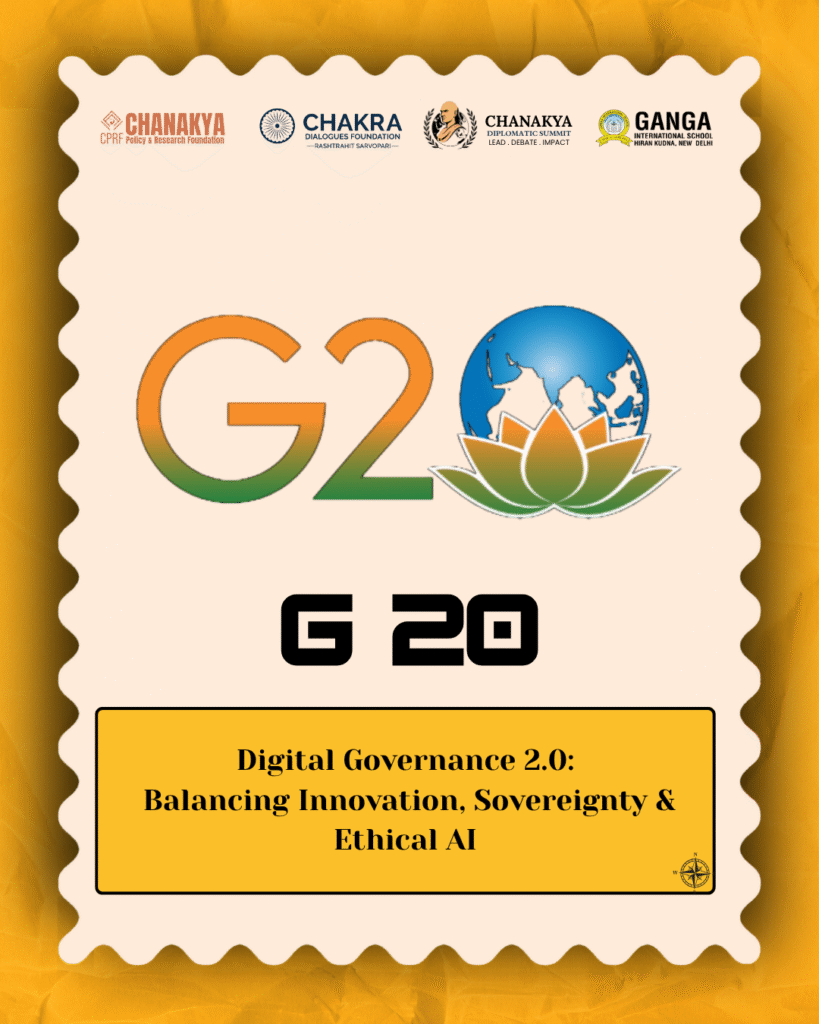
The G20 is an international forum of the world’s major economies, including 19 countries and the European Union. It addresses key global issues such as economic stability, sustainable development, climate change, health crises, and international trade. In MUN simulations, delegates represent member nations, engaging in high-level diplomatic negotiations to build consensus on pressing global challenges, aiming to shape policies that drive equitable global growth and resilience.
4. World Health Assembly (WHA)
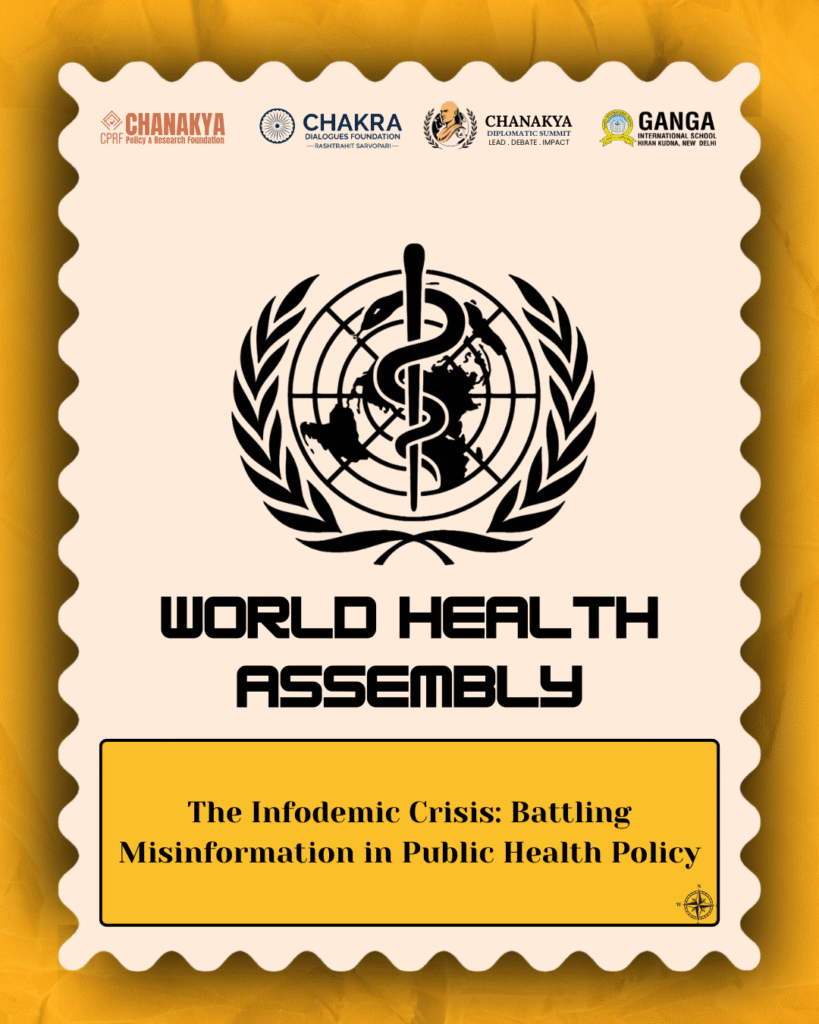
The World Health Assembly is the decision-making body of the World Health Organization (WHO). Comprising health ministers from all 194 member states, the WHA sets global health priorities, adopts international health policies, and oversees the WHO budget. In MUN, WHA simulations address public health emergencies, vaccine equity, pandemic preparedness, mental health, and universal healthcare. Delegates negotiate solutions to ensure international collaboration and effective health governance.
5. All India Political Parties Meet (AIPPM)
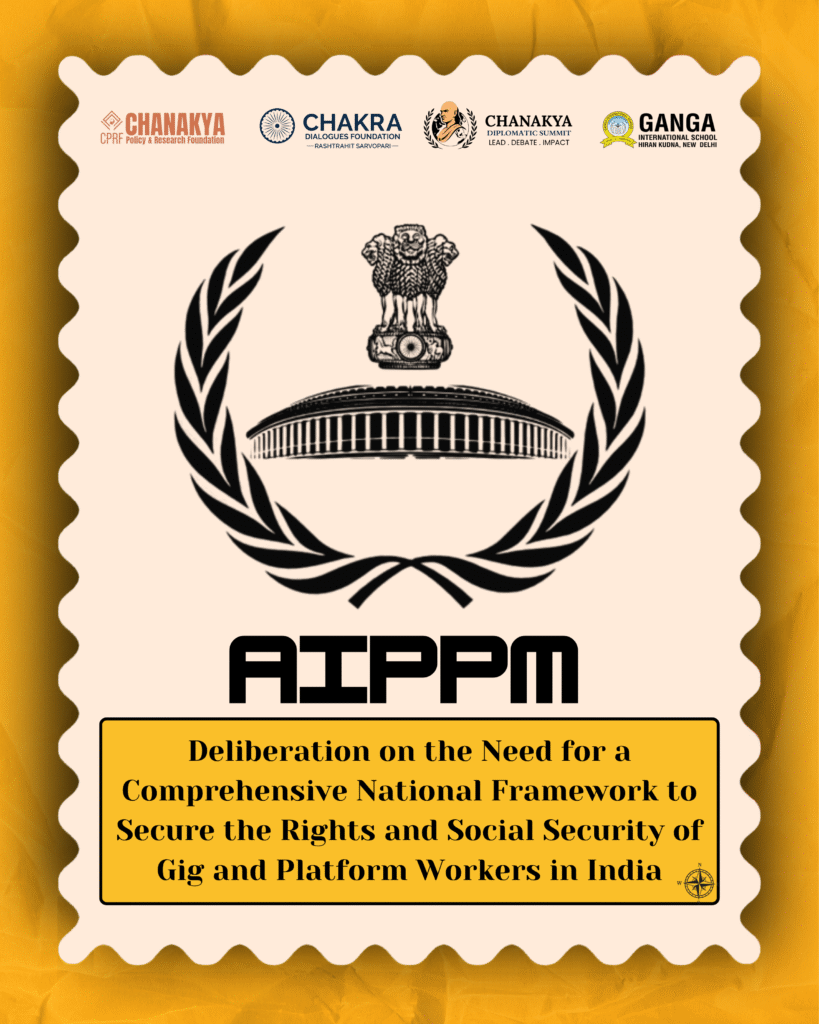
AIPPM simulates a non-parliamentary, informal political platform where representatives of Indian political parties debate national issues. Delegates channel real-life political ideologies to engage in dynamic discussions on policy, governance, and legislative reforms.
6. Rajya Sabha
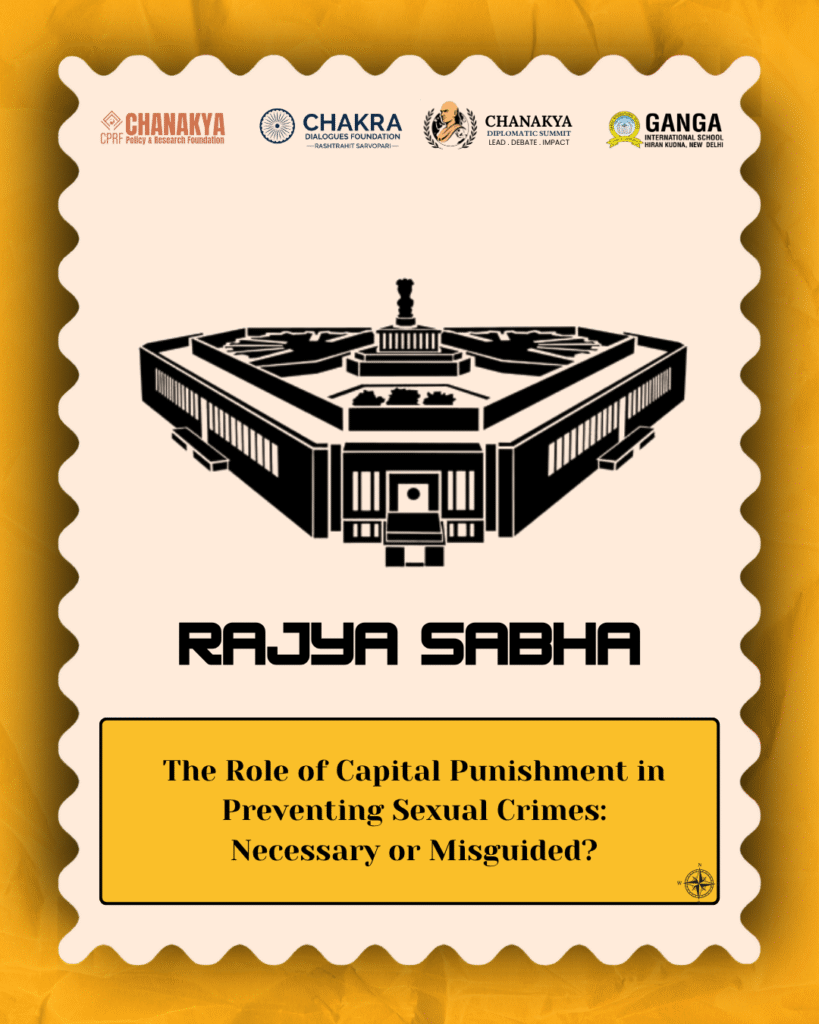
Rajya Sabha, the upper house of the Indian Parliament, represents the states and union territories of India. It plays a crucial role in law-making, federal balance, and policy review. In MUN simulations, delegates act as Members of Parliament, engaging in structured debates on national legislation, constitutional amendments, and pressing socio-political issues. It emphasizes decorum, parliamentary procedures, and in-depth policy analysis while reflecting diverse regional perspectives.
7.International Press (IP)
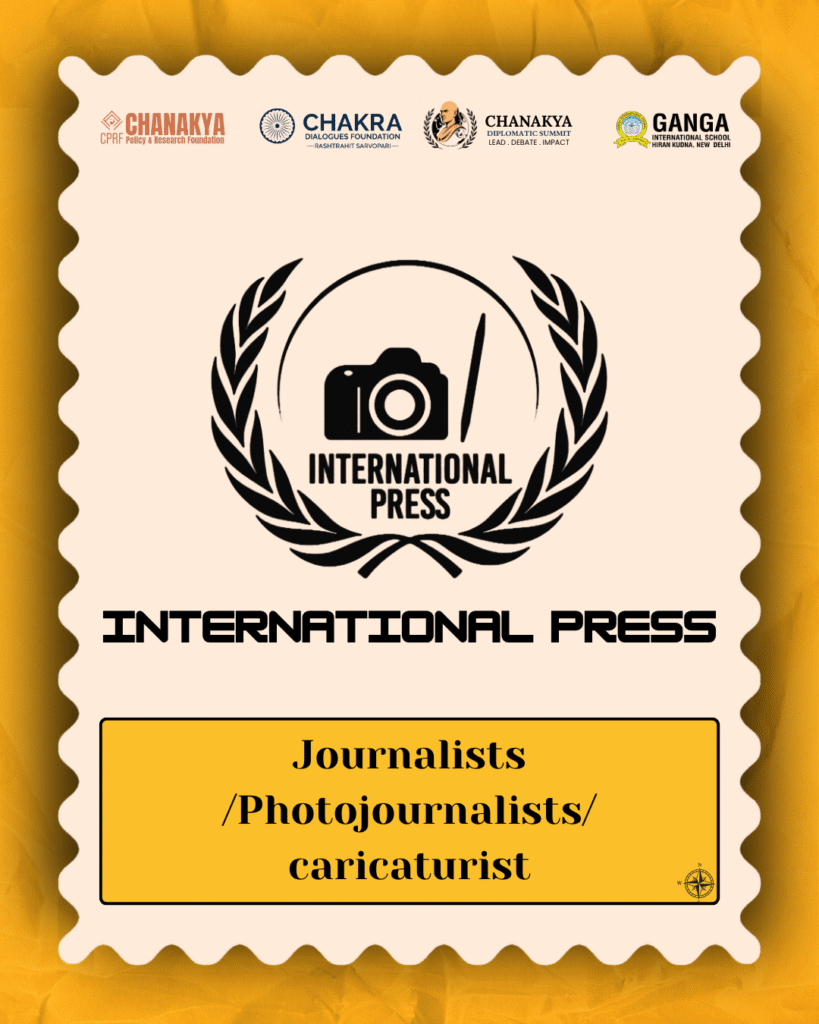
The International Press (IP) is a vital component of MUN conferences, responsible for covering committee proceedings, interviewing delegates, and producing daily news updates, reports, or satire columns. Members of the IP act as journalists, photojournalists, or editorial cartoonists, ensuring transparency, media accountability, and creative engagement. It allows participants to explore diplomacy through the lens of media ethics, freedom of expression, and the role of journalism in global affairs.
Downloads
Eligibility Criteria
Eligibility
- Age: 15–24 years
- Students (Classes IX–XII), undergraduates, postgraduates & young professionals
- Open to: Indian & international delegates
- Experience: Preferred but not mandatory
Registrations
Payment Gateway
FEE STRUCTURE – CDS 2025
For Indian Delegates
• Delegate Registration (Individual/Institutional): ₹1850
FOR FOREIGN DELEGATES
• Delegate Registration: $40 USD
Early Bird (Till 31st July)
• Indian Delegates: ₹1650

Our Partners
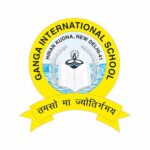
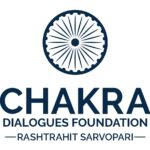
Organizing Committee
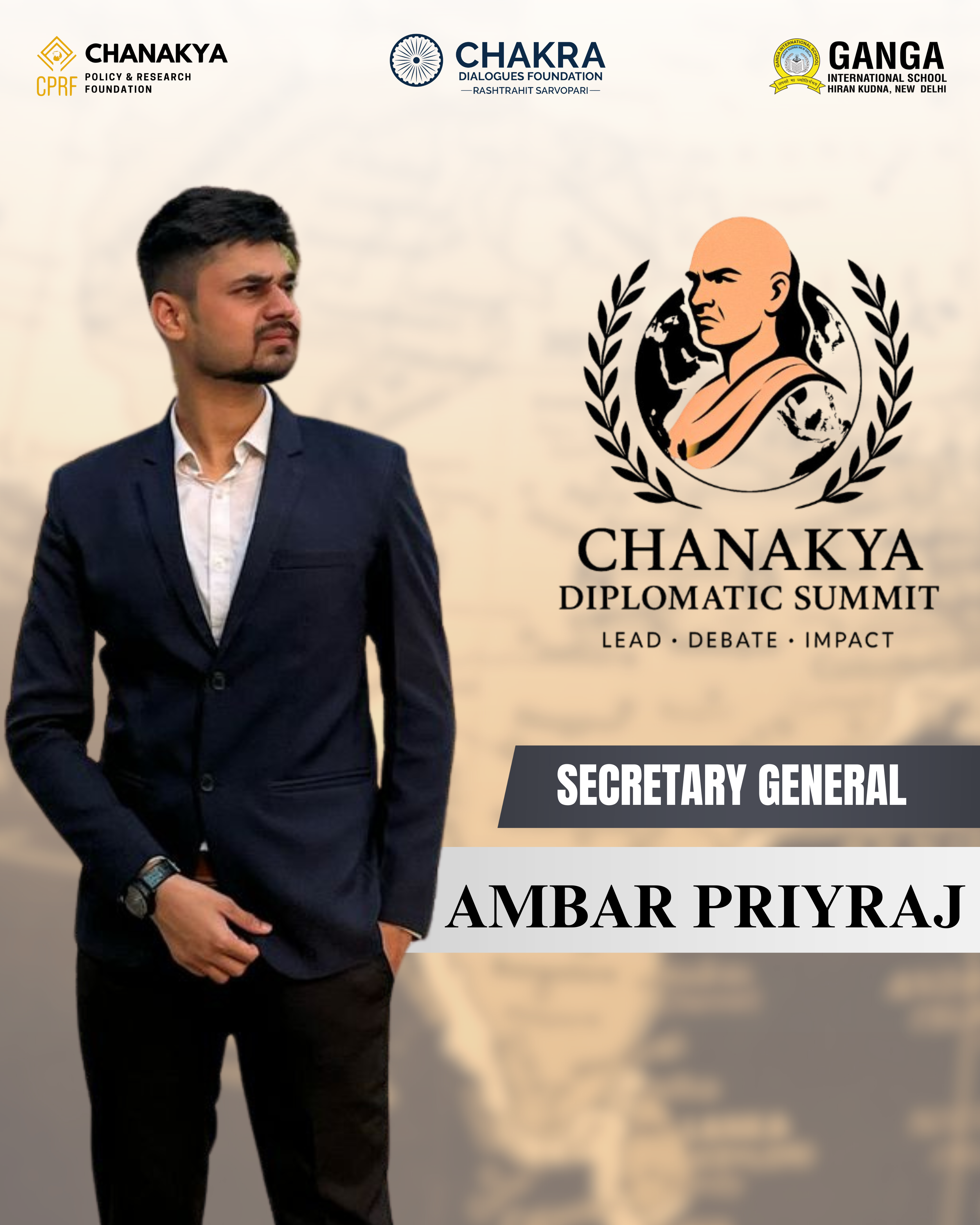
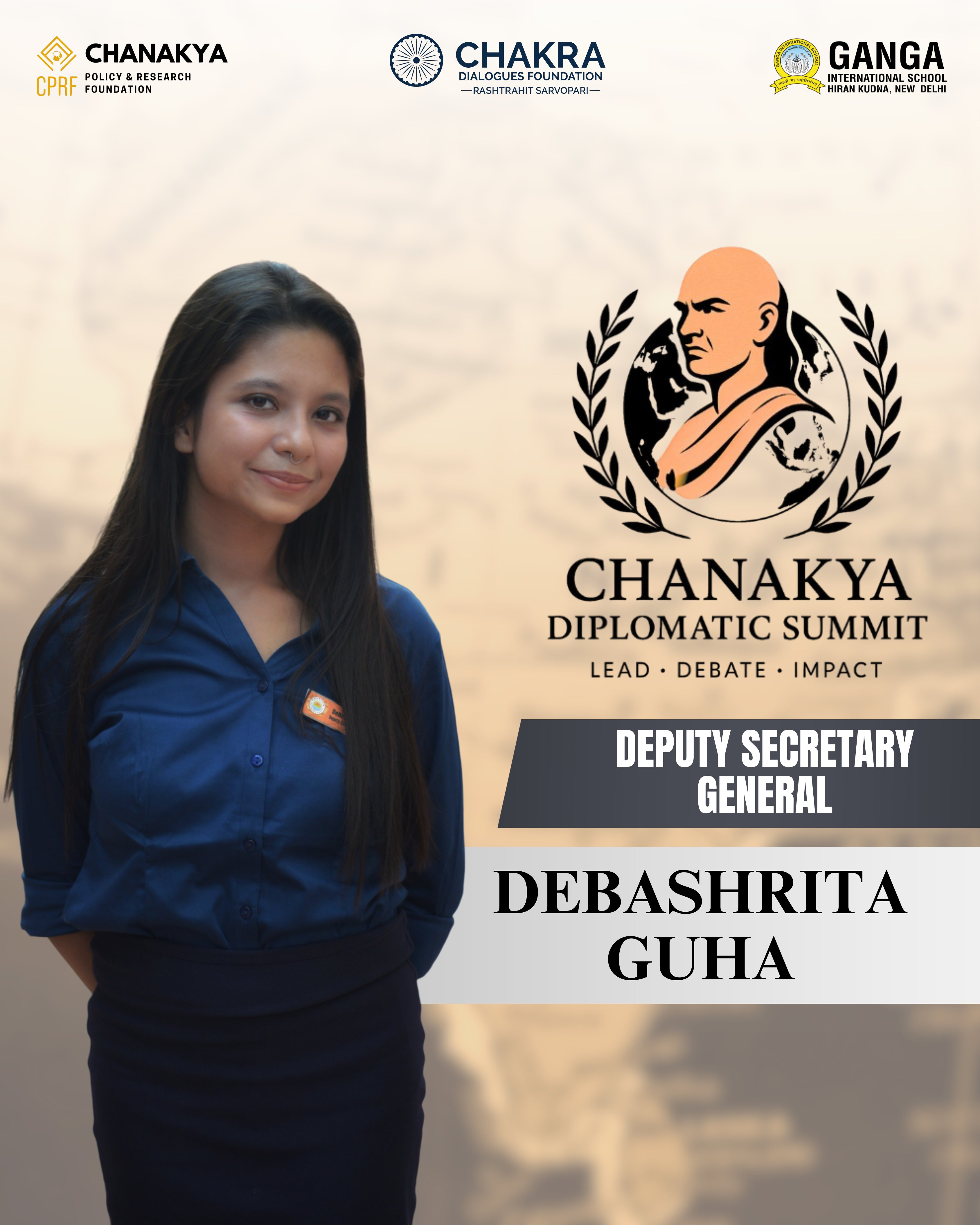
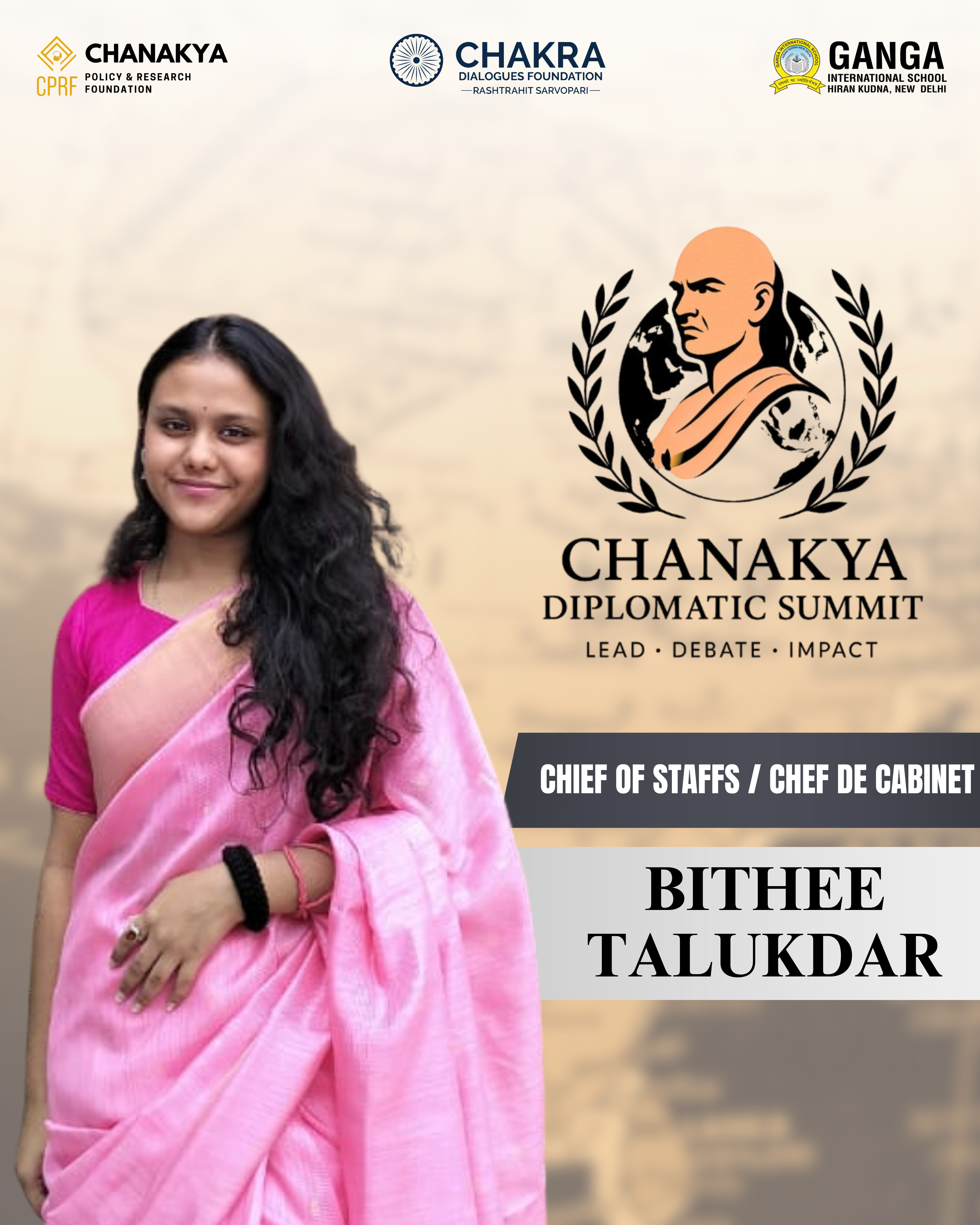
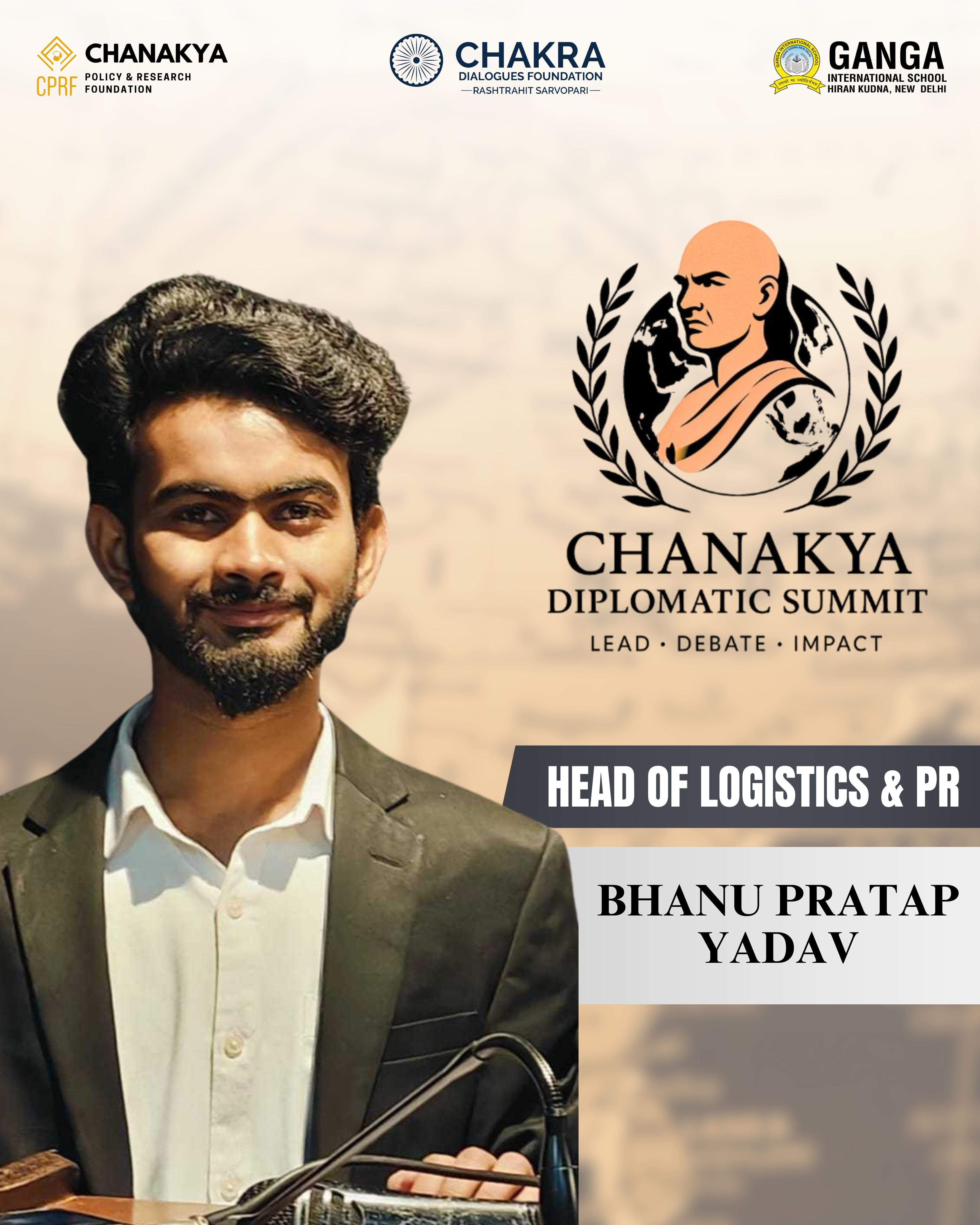
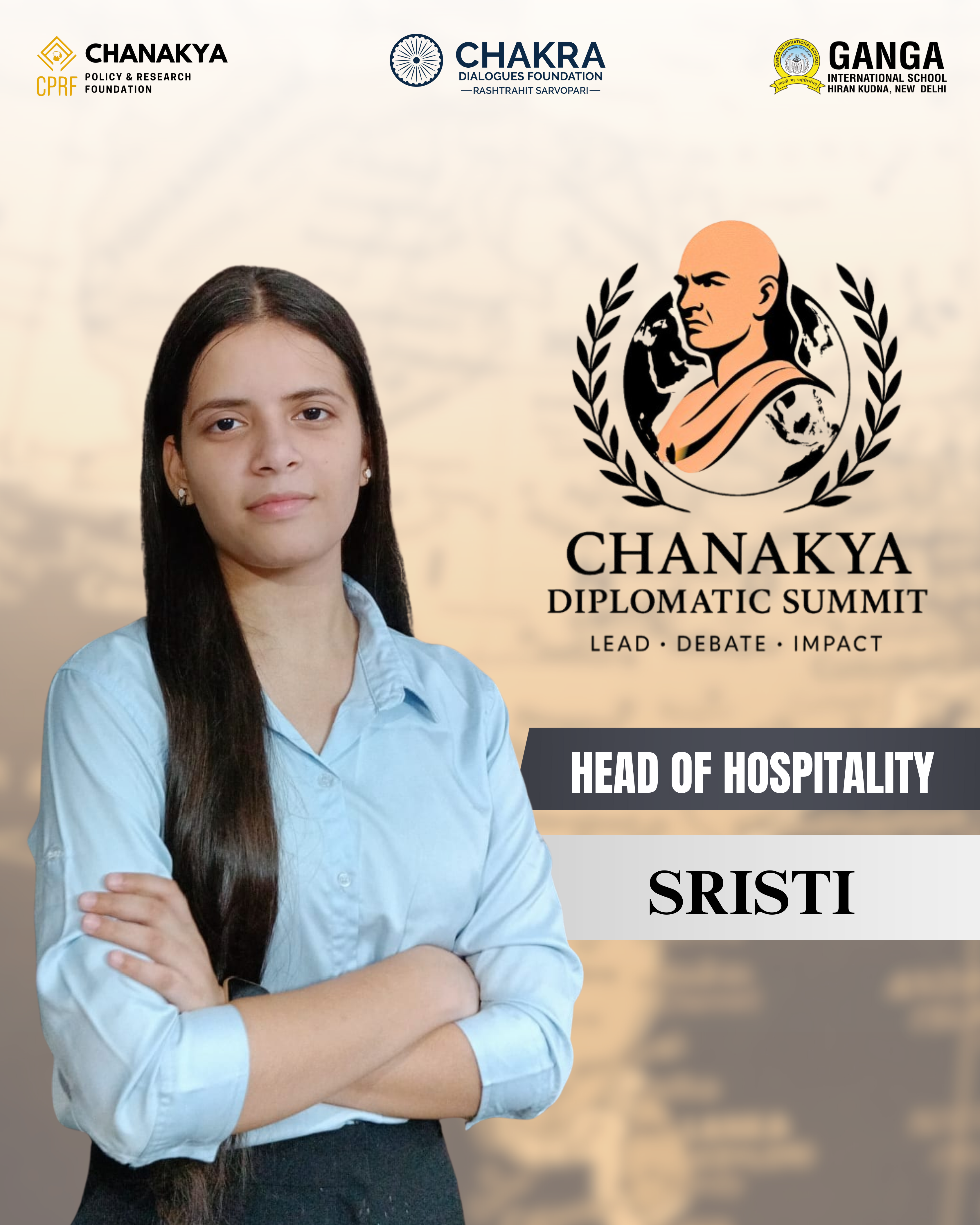
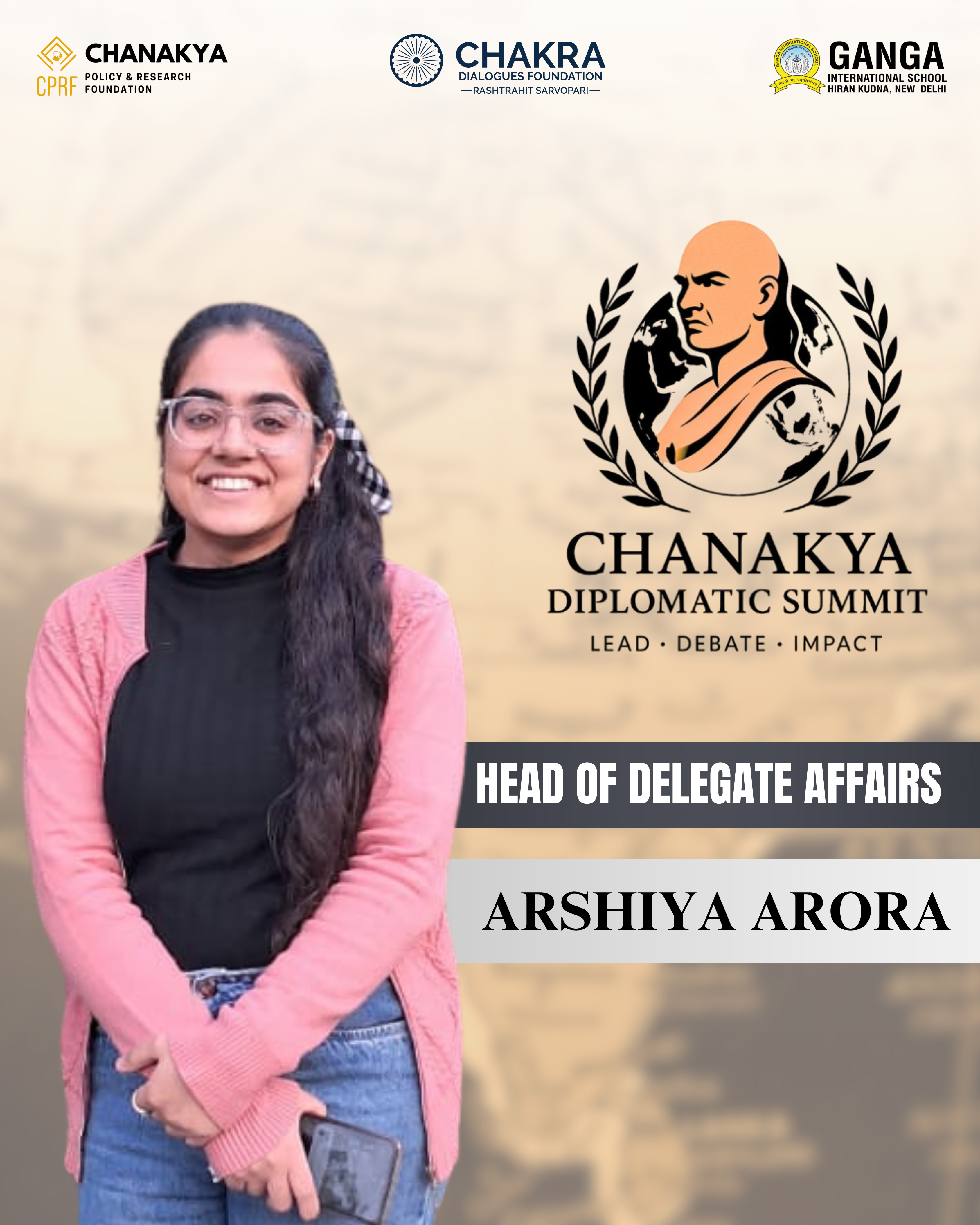
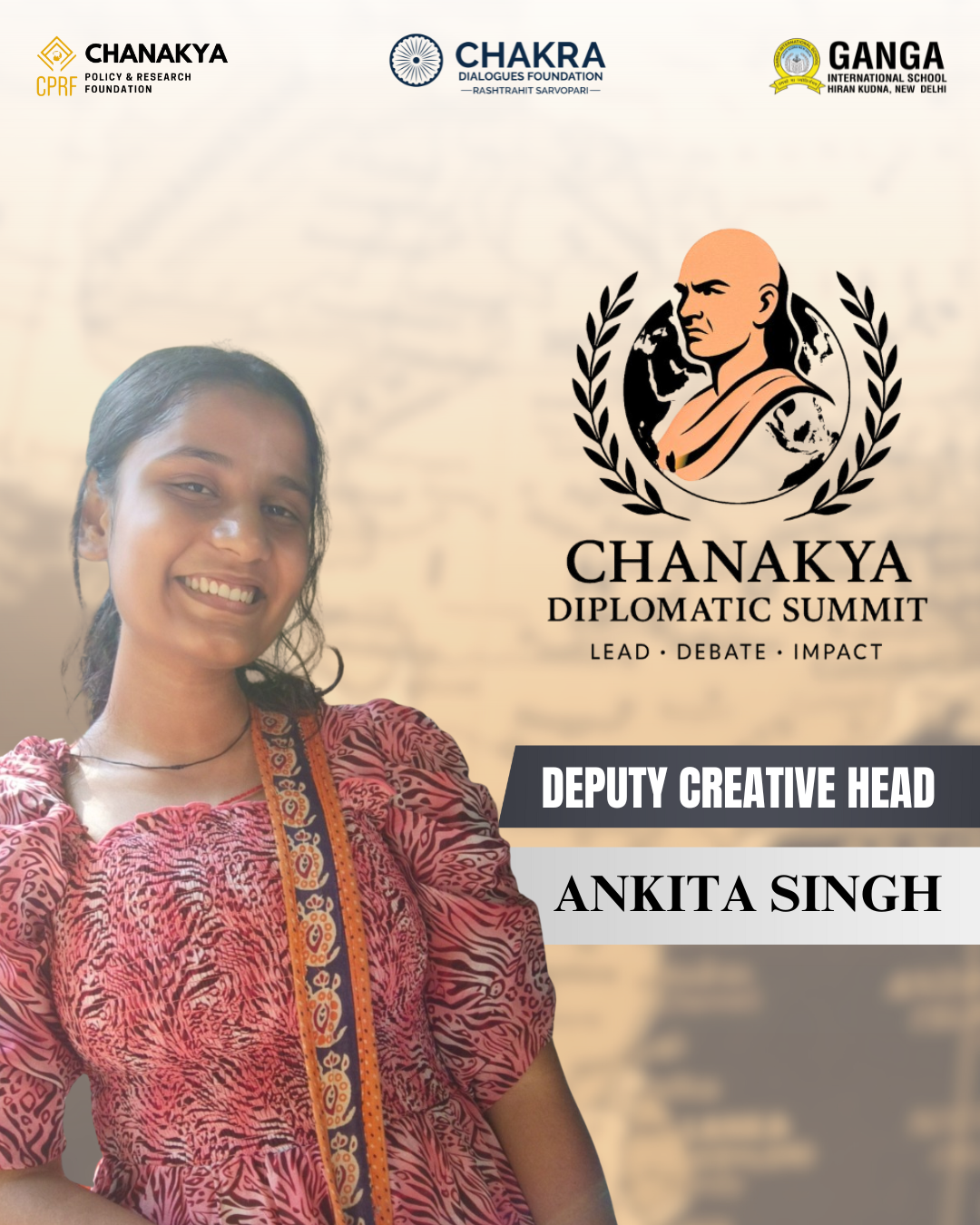
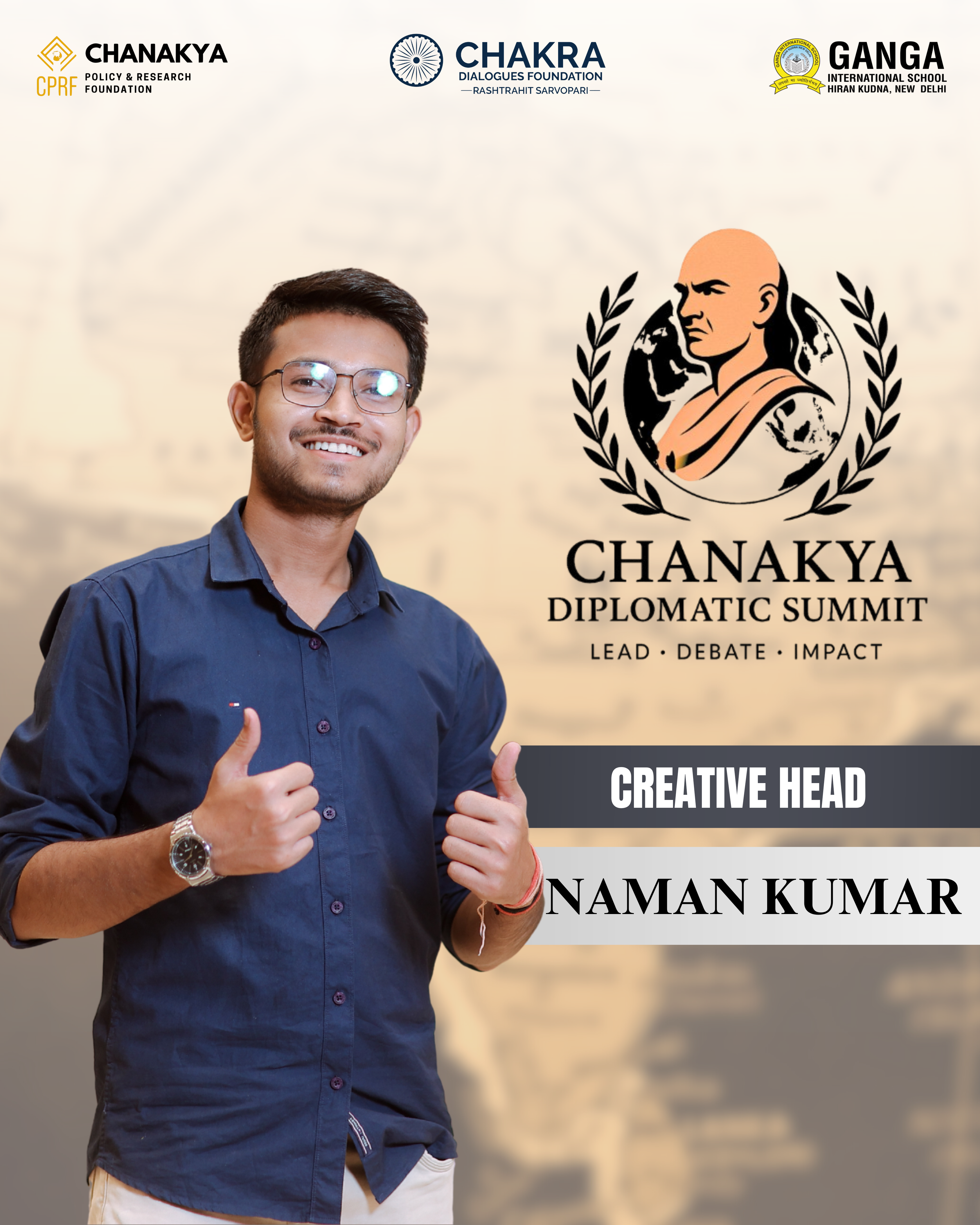
Terms & Conditions
1. Eligibility
Open to students aged 15–24 from schools, colleges, and universities in India and abroad. Valid institutional or government ID is mandatory.
2. Registration
Confirmed only after payment and form submission. Allotments are on a first-paid, first-allotted basis. CPRF may reassign portfolios if needed.
3. Fees & Refunds
All payments are non-refundable unless the summit is cancelled due to unavoidable circumstances (e.g. natural disasters or national emergencies). Misreporting your category may lead to cancellation without refund.
4. Conduct
Maintain diplomacy, discipline, and respect. Harassment, discrimination, or substance use will lead to disqualification.
5. Participation
Full attendance is mandatory for certificates. Awards are based on a standard evaluation rubric; decisions are final.
6. Dress Code
Day 1: Indian Ethnic
Day 2: Western Business Formal
Non-compliance may bar entry to sessions.
7. Accommodation
Accommodation is not included in the registration fee and will be provided only to those who opt and register for it separately. Limited hostel seats available on a first-come, first-served basis.
8. Media & IP
Photos, videos, and quotes may be used for promotional purposes. All official content is the intellectual property of CPRF. Unauthorized reproduction is prohibited.
9. Data Use
Personal information will be used strictly for event-related administrative and safety purposes.
10. Liability
CPRF is not responsible for travel delays, medical issues, personal loss, or Acts of God (natural disasters, emergencies, etc.). Delegates must disclose medical conditions and carry required medication.
11. Event Changes
CPRF reserves the right to modify dates, format, venues, or committee structure in exceptional cases to ensure smooth conduct.
